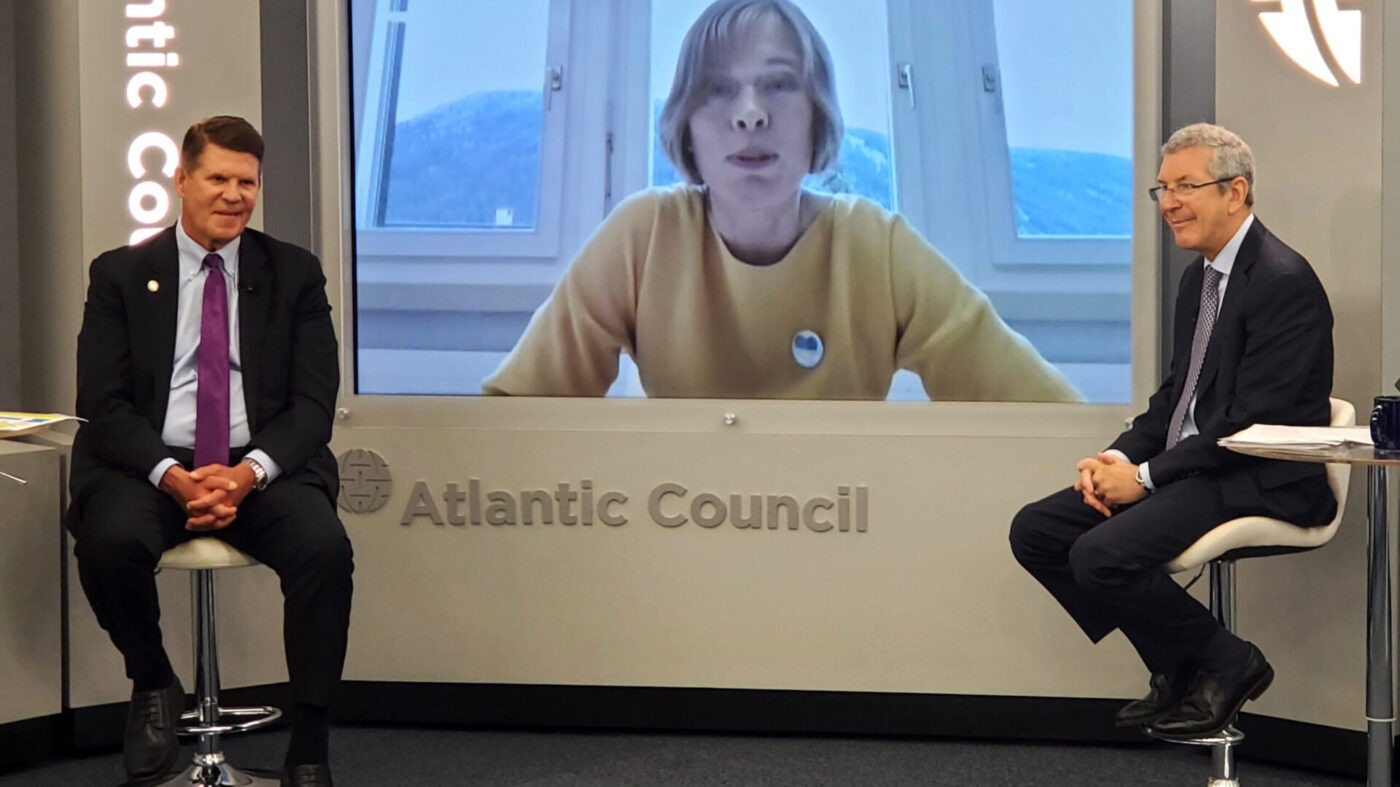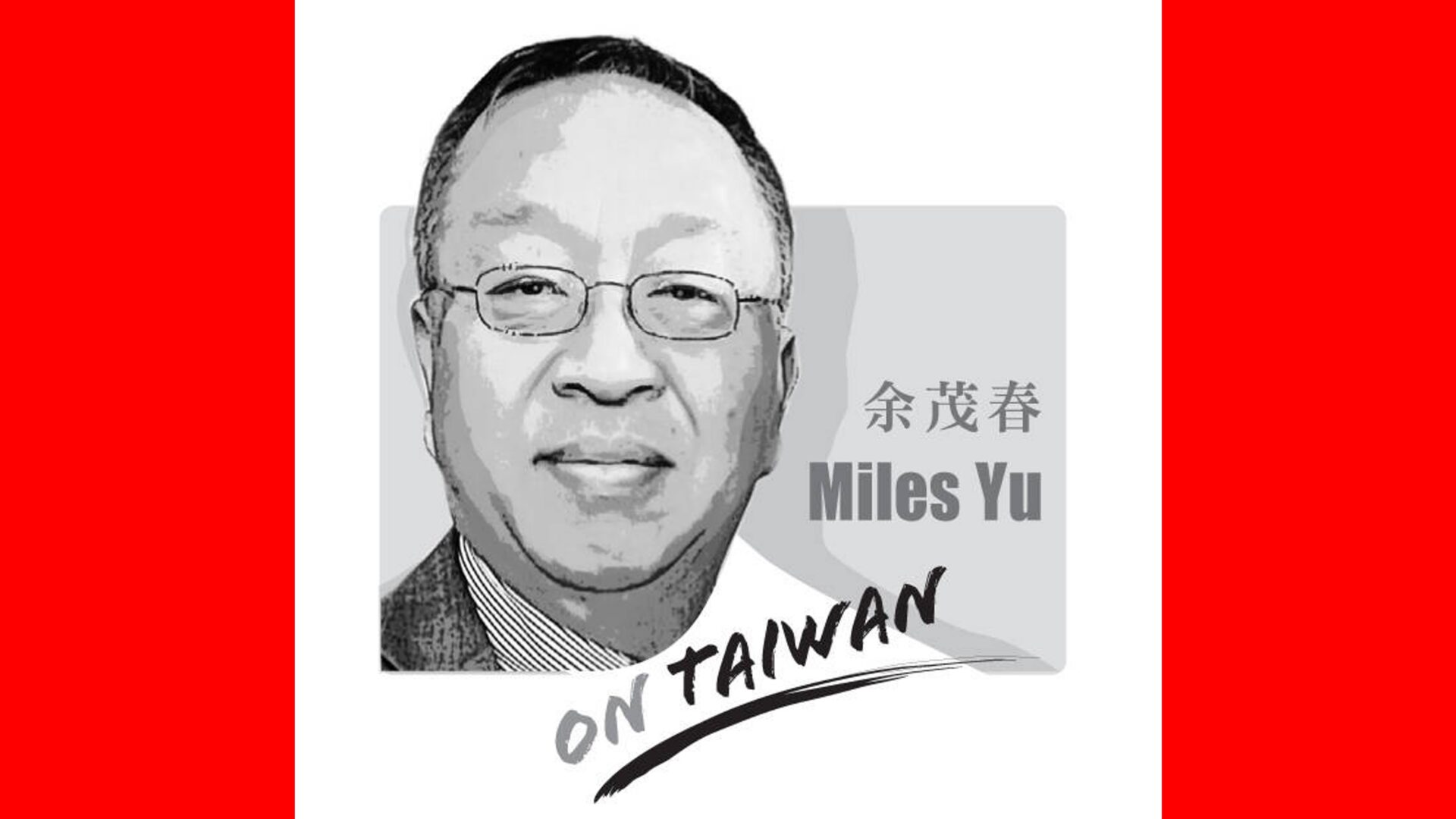
Krach Institute for Tech Diplomacy at Purdue and Atlantic Council Launch Global Tech Security Commission
Krach Institute for Tech Diplomacy at Purdue
05.26.22Washington, DC, May 26, 2022 – The Krach Institute for Tech Diplomacy at Purdue and Atlantic Council announce the launch of the nonpartisan Global Tech Security Commission to safeguard freedom from technological authoritarianism. The Commission is co-chaired by Keith Krach, chairman and co-founder of the Krach Institute for Tech Diplomacy at Purdue and former US Under Secretary of State; and Kersti Kaljulaid, former president of Estonia. It will develop a global tech security strategy designed to rally and unify like-minded countries, leverage the innovation and resources of the private sector, and build a global network to develop, protect, and adopt trusted technologies.
The Global Tech Security Commission unites an international network of multi-sector stakeholders and has the support of lawmakers and private-sector leaders. It comes at a time when the United States is working to unite its Transatlantic and Indo-Pacific allies and partners across a range of critical technology issues in the face of rising authoritarianism around the world.
Related Posts

article
The Era Of ‘Tech Diplomacy’ Is Here
Technology is the new frontier of international relations. The interaction is bi-directional: technology is defining diplomatic matters while diplomacy is also influencing the development and deployment of technology. Take semiconductors as an example. This is a technology that forms the foundation of digital economy, national security, and productivity in almost all industries. Global supply chain in the semiconductor industry is shaping U.S. foreign policy. Conversely, America’s diplomatic effort has been redefining the supply chain. Tech diplomacy is different from science diplomacy, which became a key pillar for the U.S. and other countries since World War II. Scientists participated in treaty negotiations, engaged in bilateral summits and served as attachés at embassies. Primary topics included nuclear proliferation, super-collider construction, human space exploration and environmental science.

By: Miles Yu
article
Miles Yu On Taiwan: China’s lessons—and fears—from the Wagner revolt in Russia
For over a century, tumultuous events thousands of miles away in Russia have impacted China profoundly. Mao Zedong (毛澤東) famously said that the cannon sound of the October Revolution brought Marxism-Leninism to China. Now Xi Jinping (習近平) fears that last month’s Wagner revolt may provide a model for the Chinese Communist Party’s undoing.